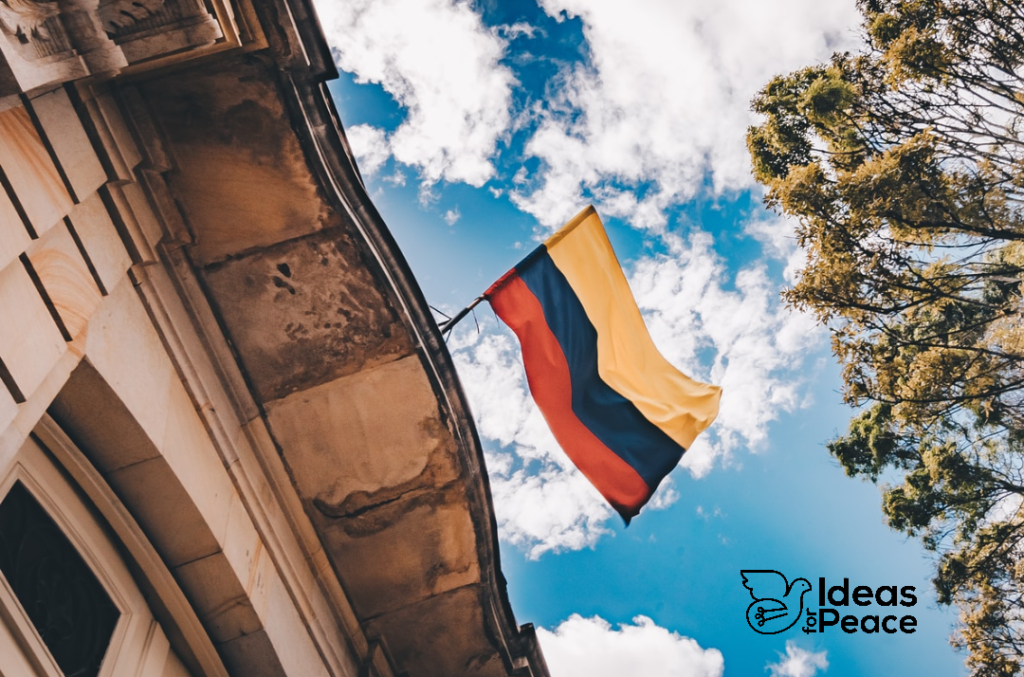Communication the Pavement to Build Peace

Communication the Pavement to Build Peace Author: Diana Chávez Acosta Conflicts between individuals or groups arise from miscommunication, the way we express things are usually more influential than what we are actually saying. Imagine all the conflicts and inconveniences we could avoid by first expressing ourselves correctly and most of all listening and understanding the […]
Hoist your white flags of peace, but do it tactically!

Hoist your white flags of peace, but do it tactically! Reflections on nonviolent actions during the referendum of the Colombian Peace agreement of 2016 Author: Felipe García Arias Translated into Spanish by Silvana Gordillo González On October 2 of 2016 the national referendum to approve or reject the peace agreements between the Colombian government and […]
Is Peace through Nonviolence Possible in AfPak?
Jahan Zeb comments on the enduring contribution of historical figure Bacha Khan to transforming conflict through nonviolence in Afghanistan, Pakistan and India.
Colombia’s Peace Communities
The author argues that if more and more communities in Colombia followed the path of protesting peacefully against the brutal and aggravating conflict, the Comunidades de Paz could well constitute a bottom-up way to peace in a political setting where top-down approaches such as leadership declarations and negotiations have continuously failed. Non-violent protest, however, takes enormous courage.
Mutiny and Media in Bangladesh
Suriya Urmi analyzes the 2009 mutiny of Bangladeshi border guards (BDR) against army officers. This article specifically focuses on the media´s role, as BDR soldiers successfully deceived public opinion before the atrocities were discovered.
A Case for Civil Disobediences: Embracing the Power of Nonviolent Revolutions
This article discusses the shortcomings of violent social struggles – their relative exclusivity, vulnerability to foreign manipulation for geostrategic goals, and their likelihood (if successful) to establish similarly repressive and violent regimes to the ones they seek to overthrow. These are then juxtaposed with the relative merits of nonviolent struggles – their inclusivity, self-sufficiency, and compatibility with democratic structures of governance.
Violent or Non-violent Solutions? The Child Soldiers of Northern Uganda
Ask the question can von-violent methods help to end the war that has lasted seventeen years in northern Uganda destroying the lives of thousands of children and young people. She notes that progress has been slow but that is no excuse for stopping. Quite the opposite, and one way of moving forward is to shout as loudly as possible. The Peace and Conflict Monitor is helping. Join in the cacophony.
Nonviolent Resistance and the Rise of the Feminine
Rebecca Reeves reflects on the Great Shift of 2012, the balance of masculine and feminine qualities in social and political struggle, and the potential for meaningful transformation in the way peace is conceived of and practiced
